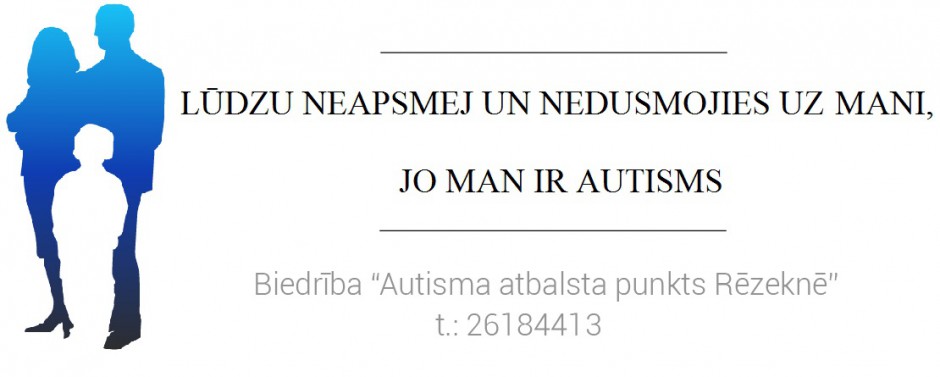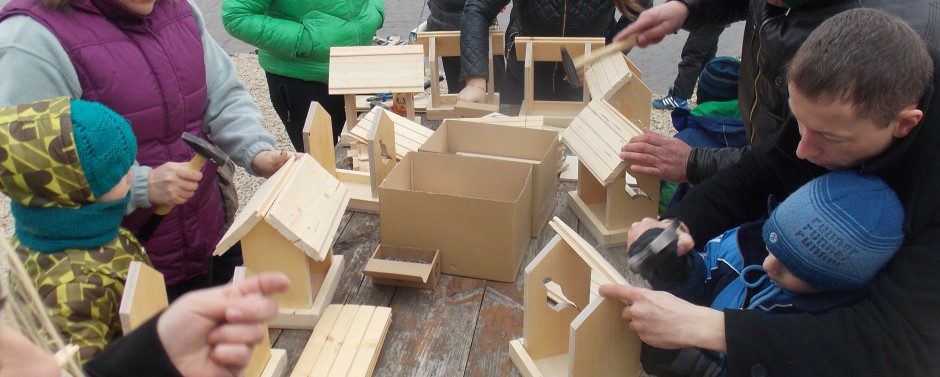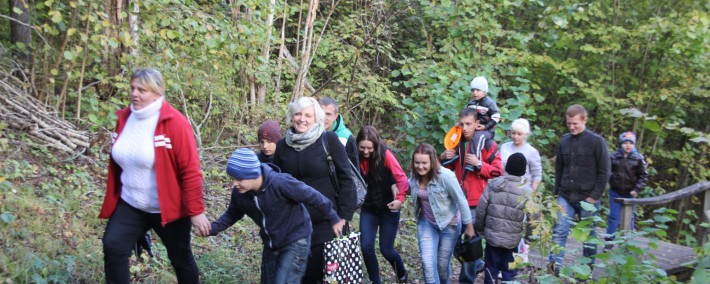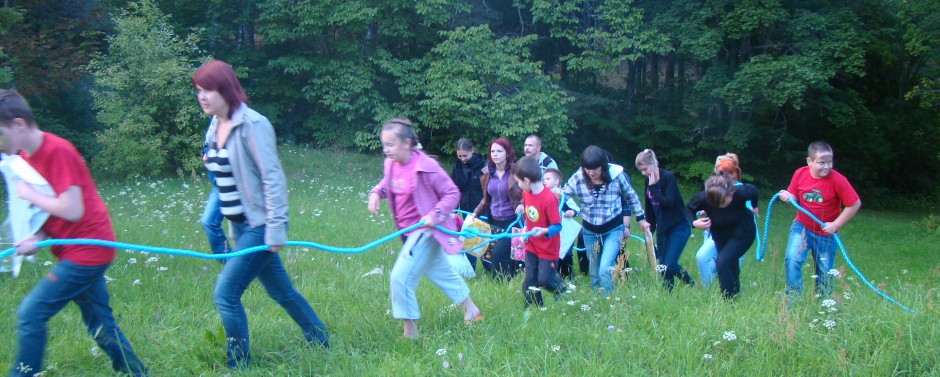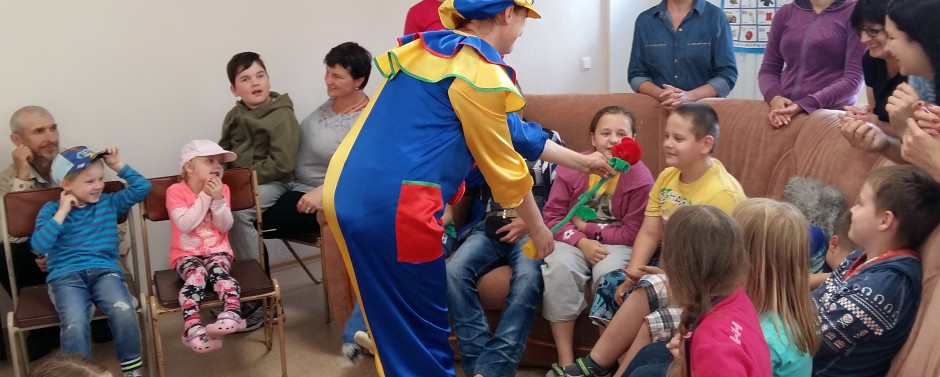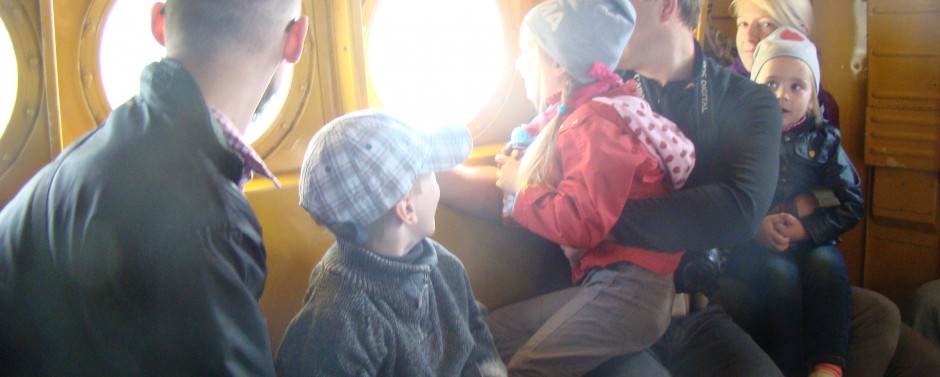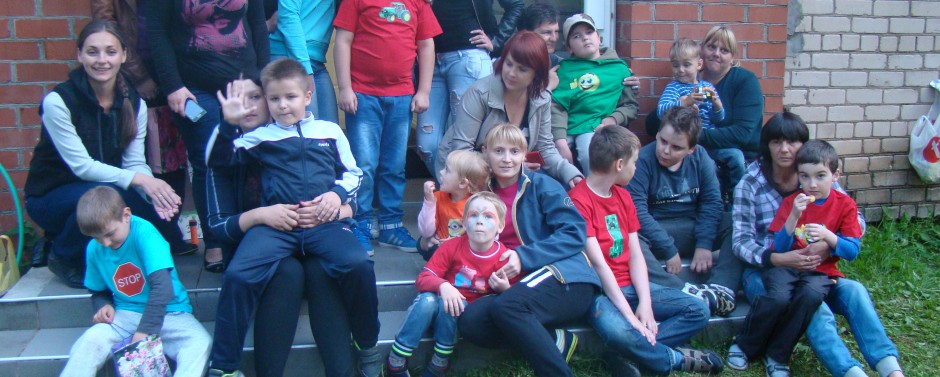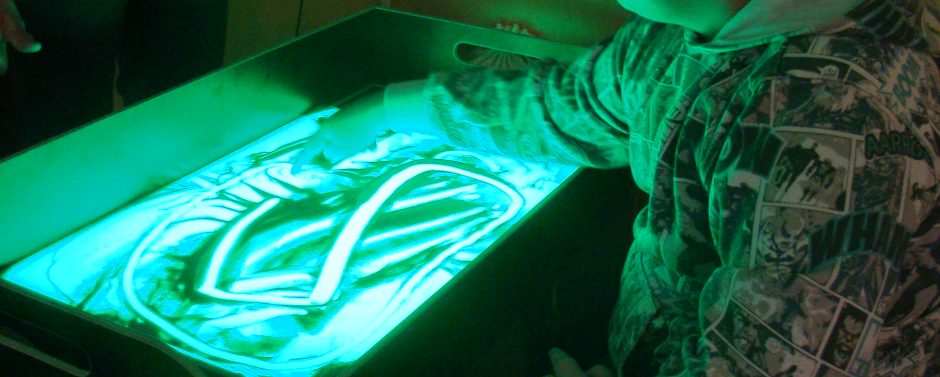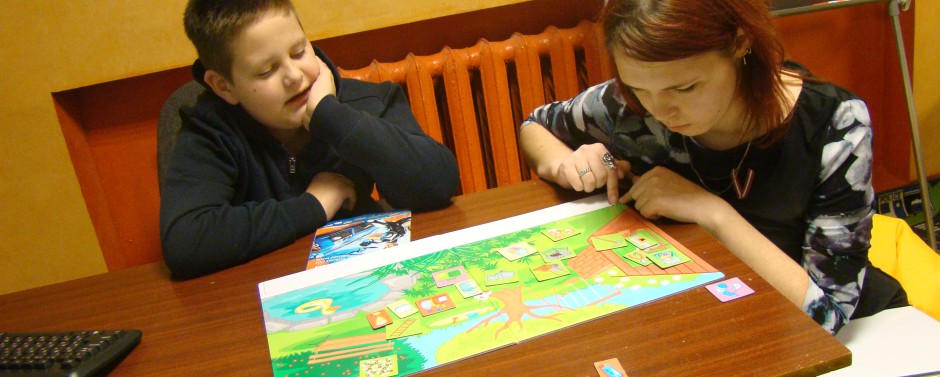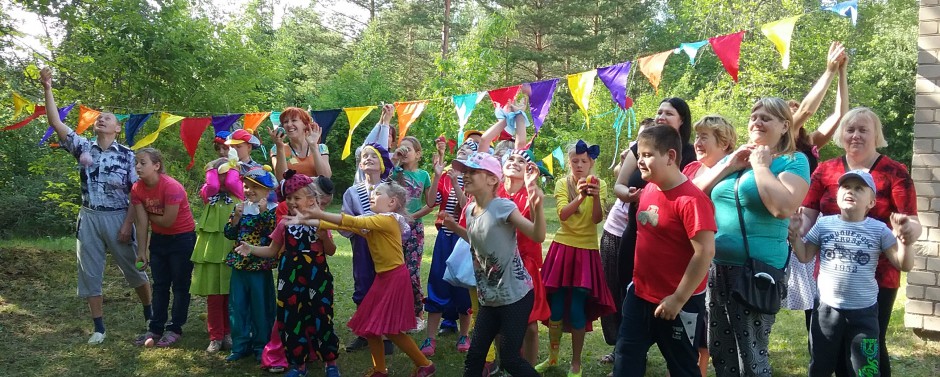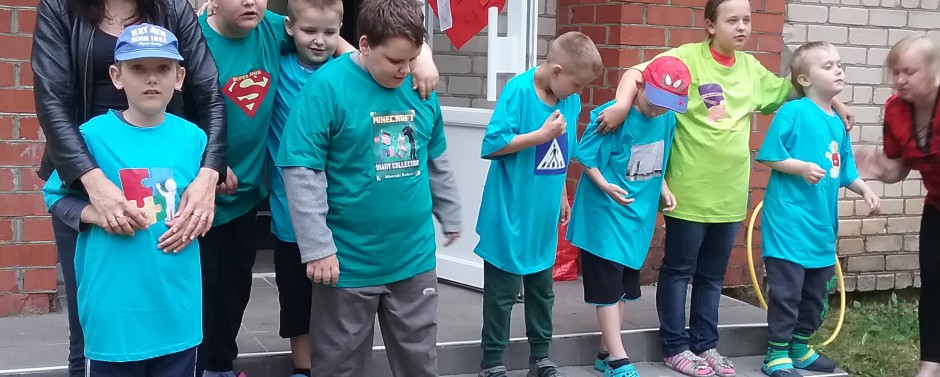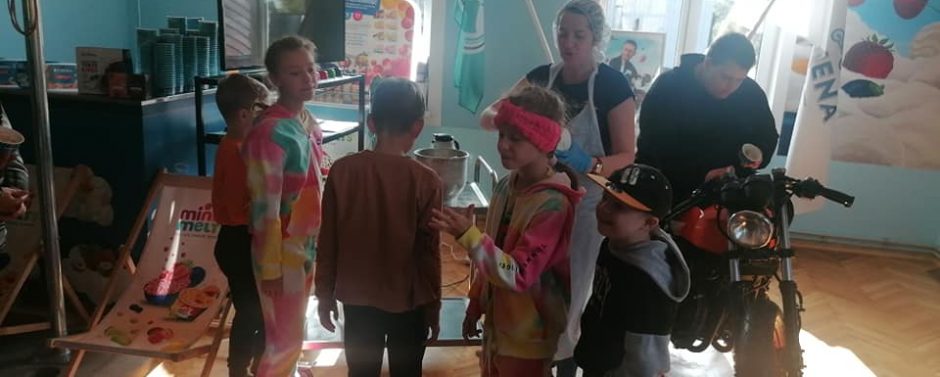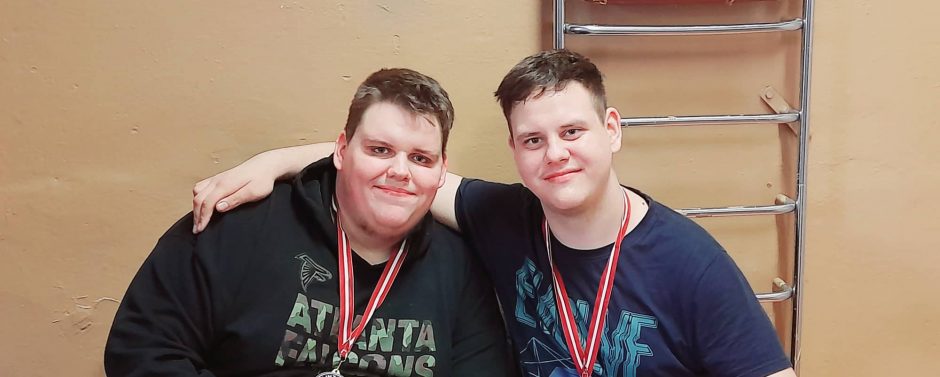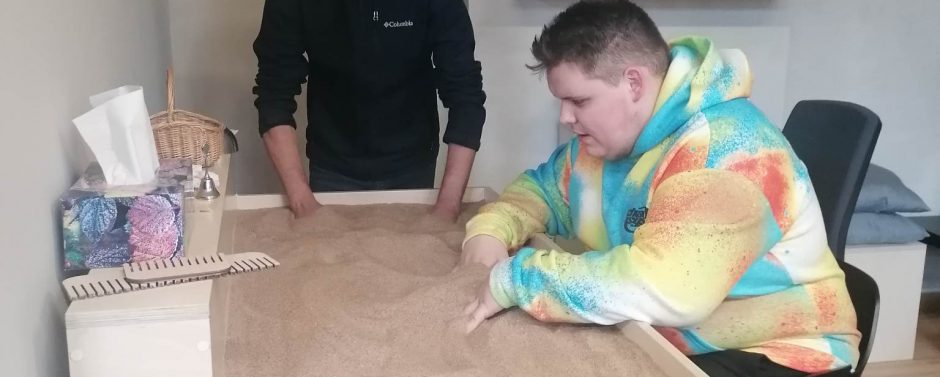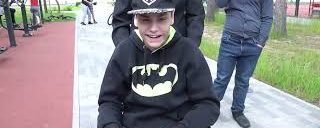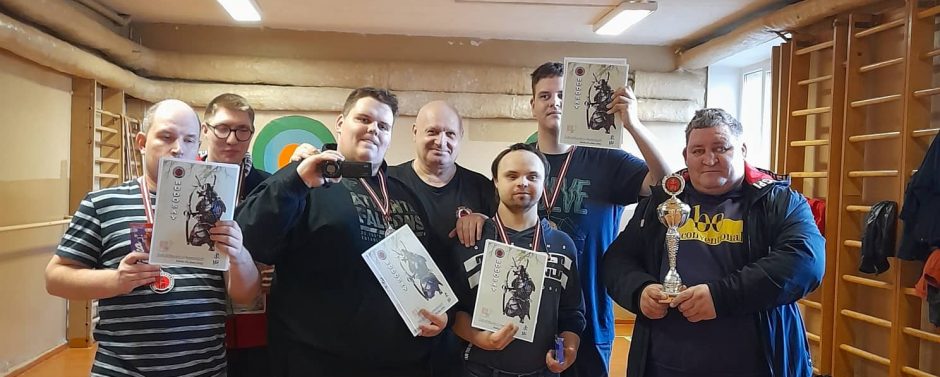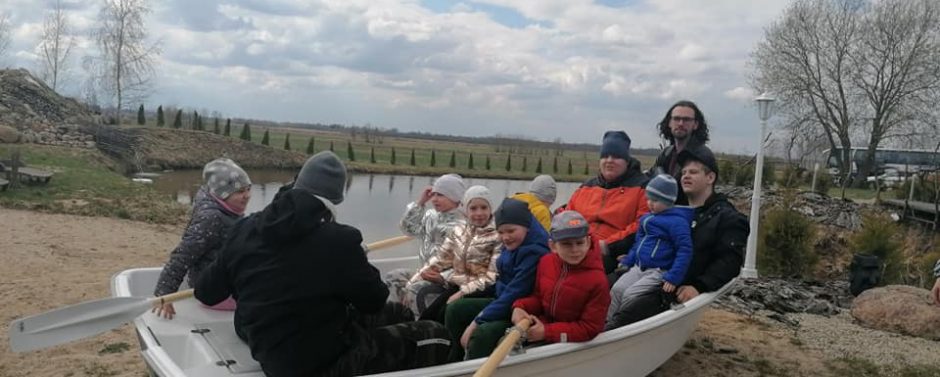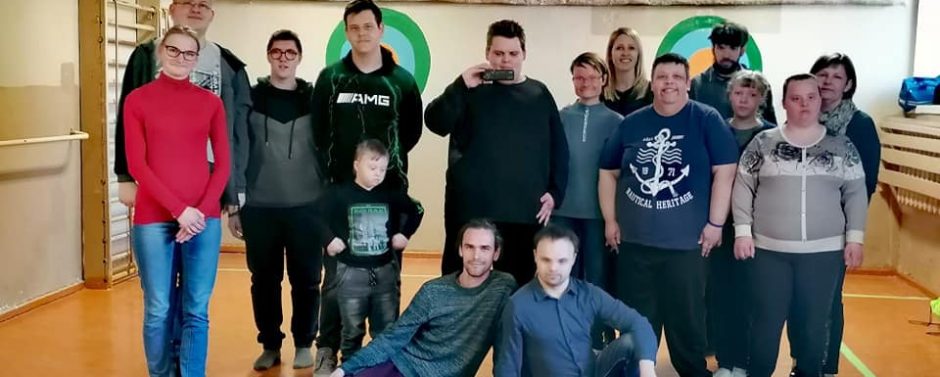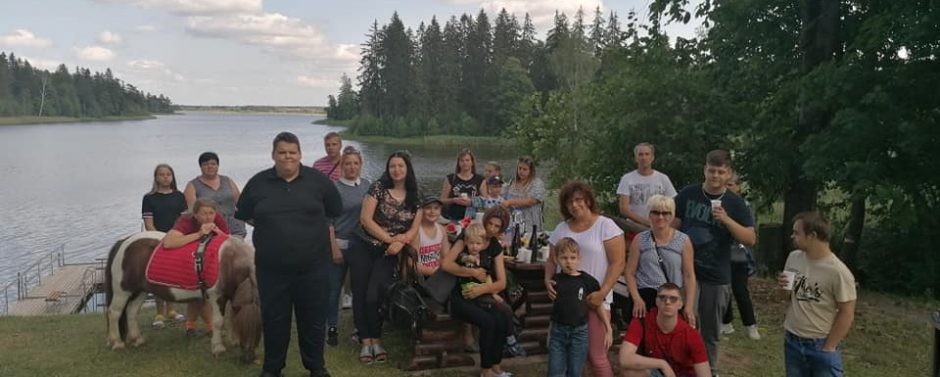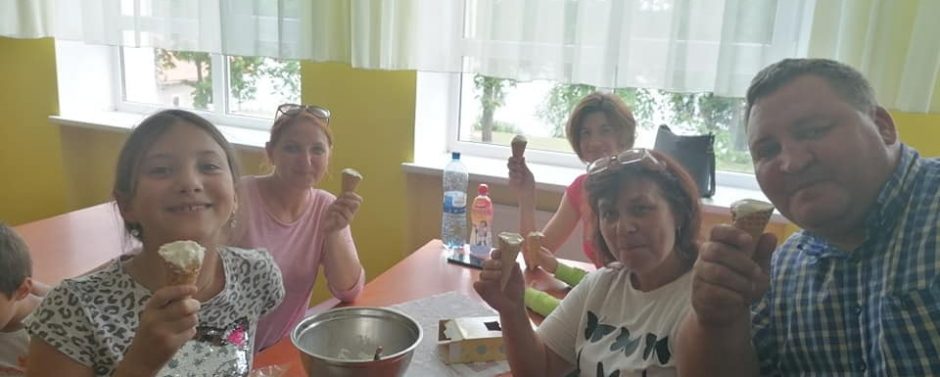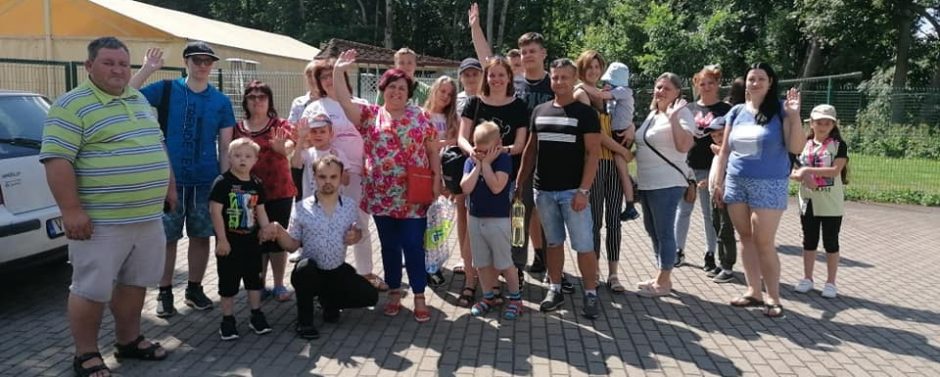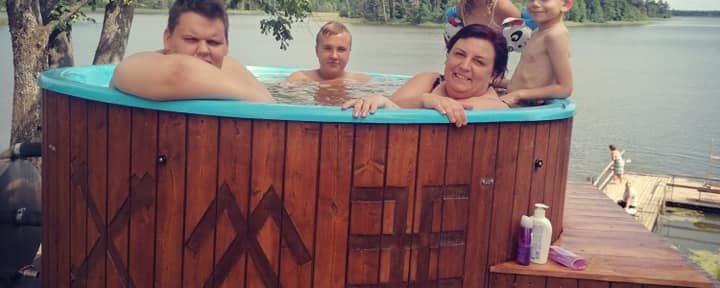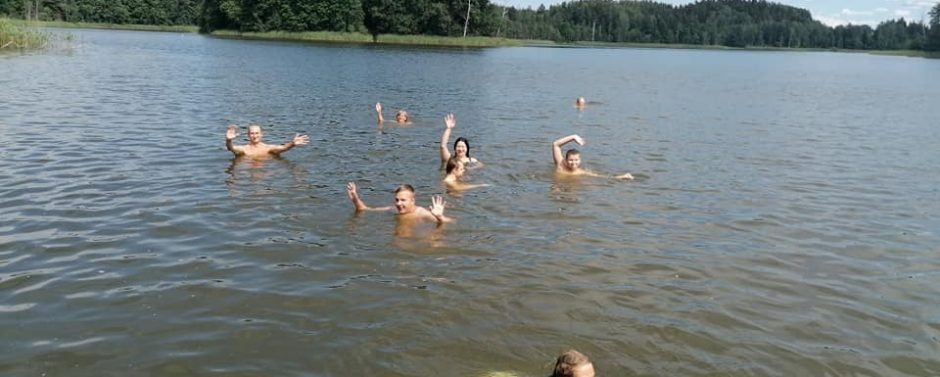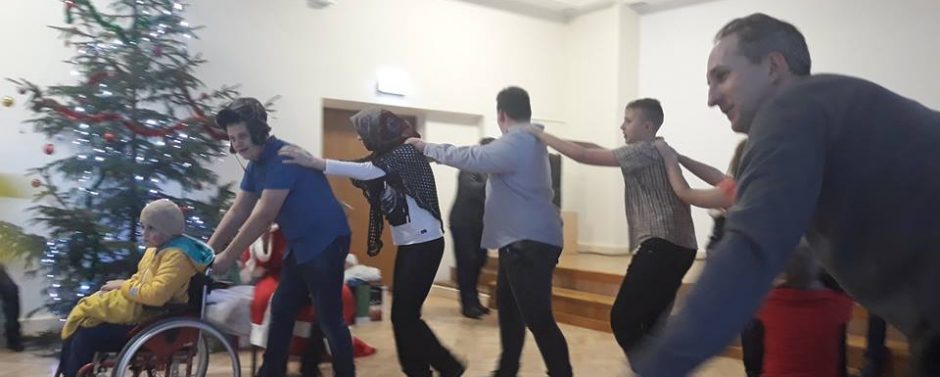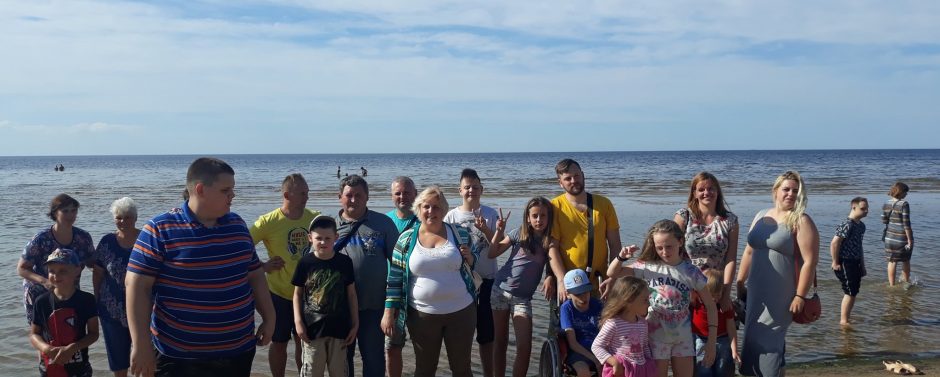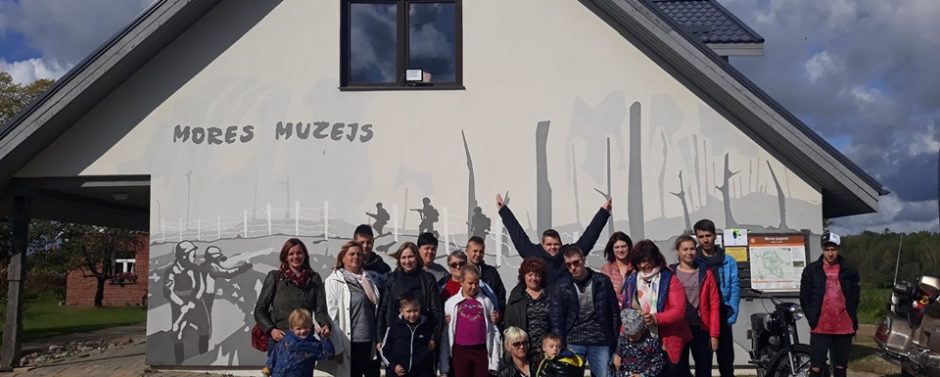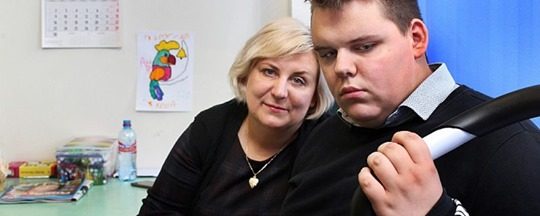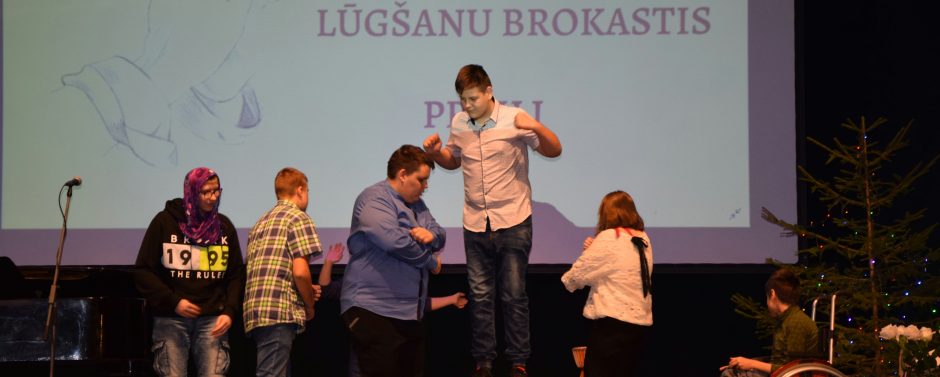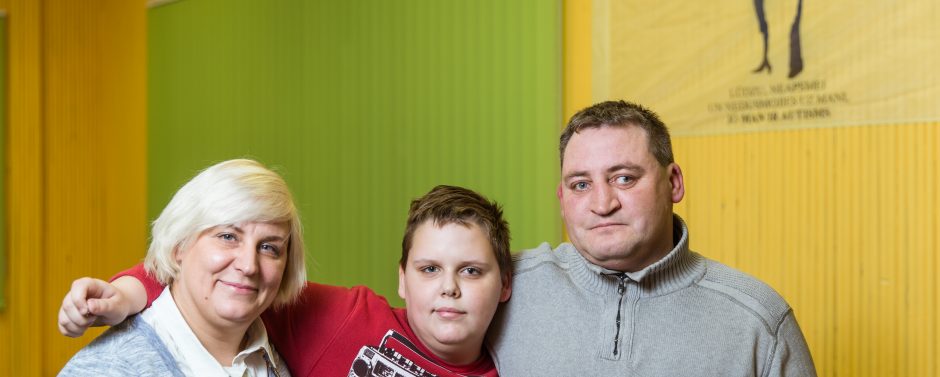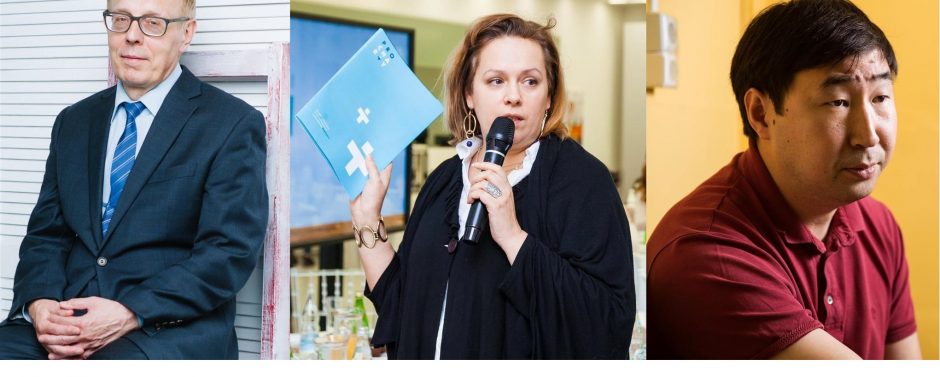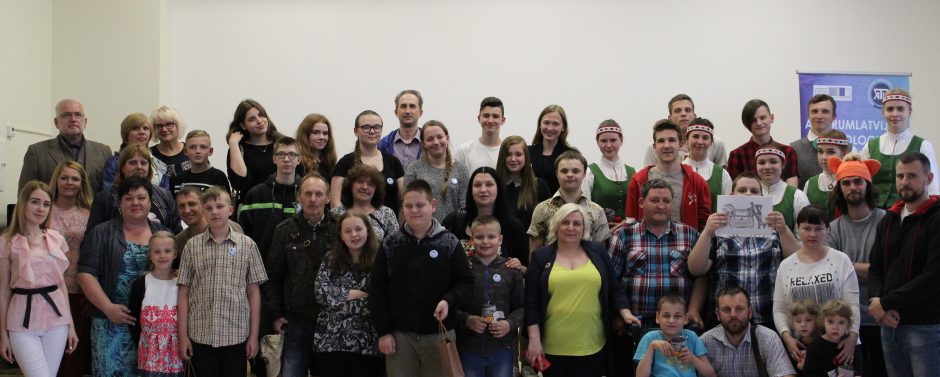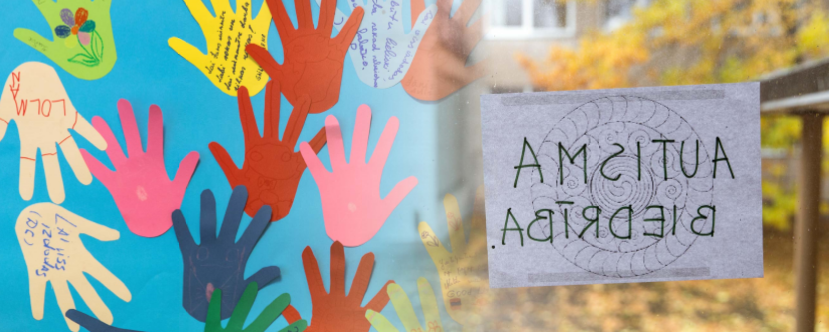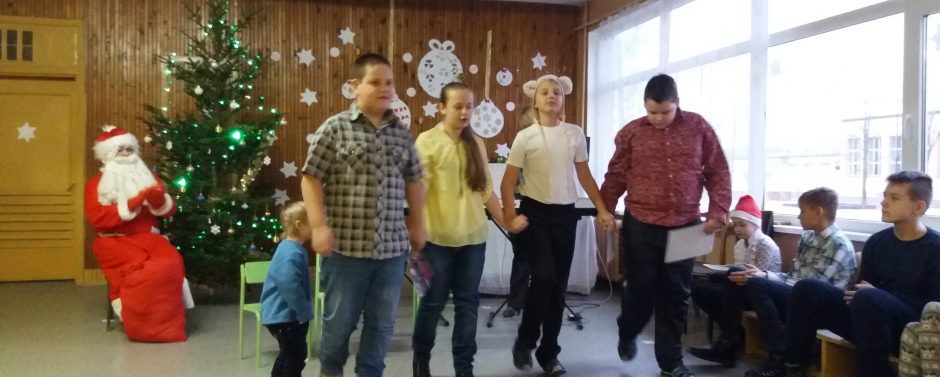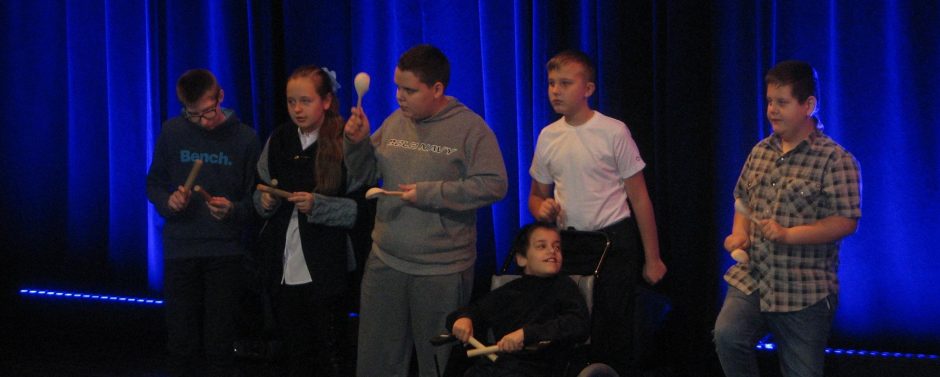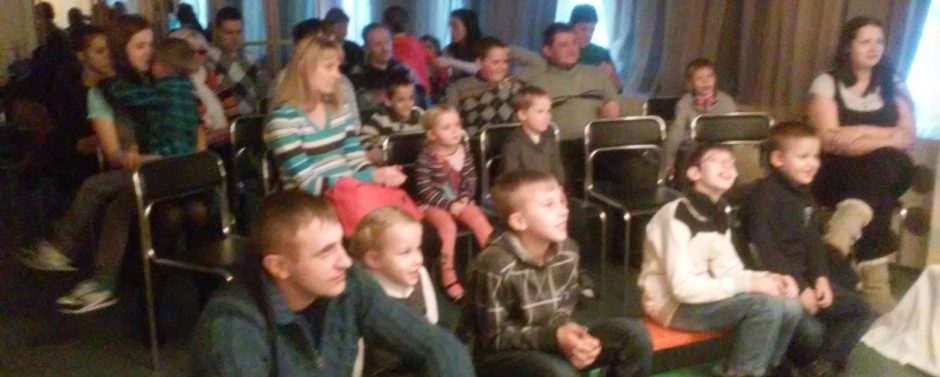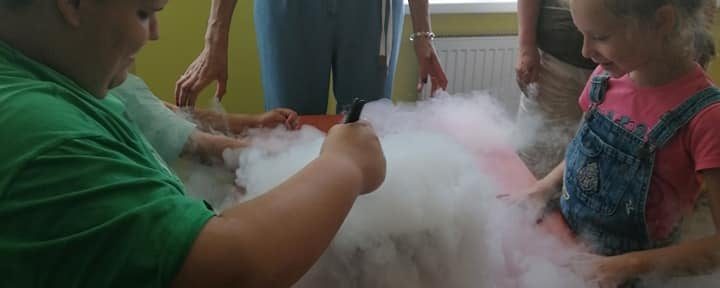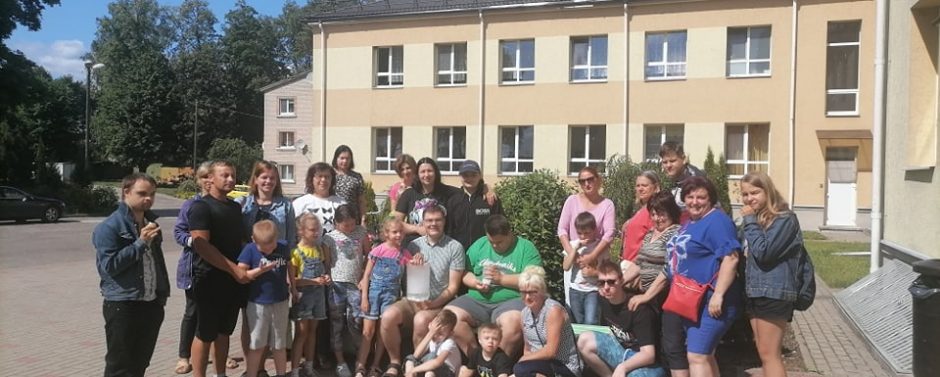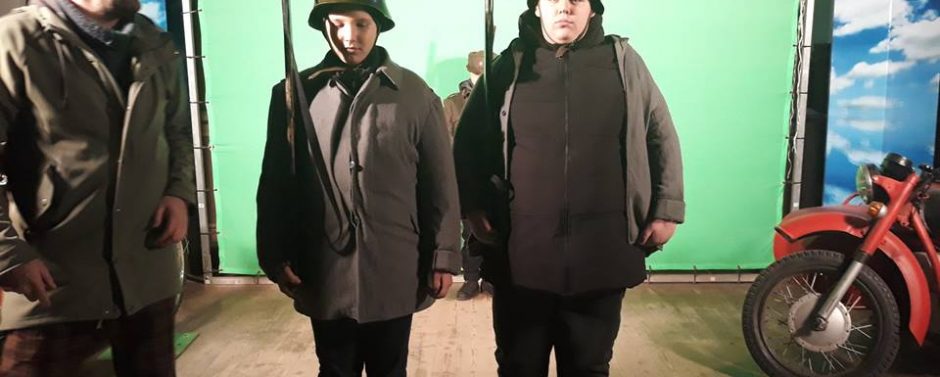Autism Society in Rēzekne Celebrates the New Year at a Special Evening
Society “Autism Support Centre in Rēzekne” has gathered more than 30 families who have children with various mental and physical disorders. To teach these children holiday traditions too, for the third year the families gather at special evenings for Easter and at the end of the year. Children themselves are the performers, and it is also an opportunity to assess the skills learnt.
Families are gathering at the premises of Autism Support Centre in Rēzekne a moment before the New Year. Currently there are 32 families coming from the city, as well as the surrounding territories. At the evening, unlike other organizations, here the newly learnt games, piano and performance skills are demonstrated by the children themselves together with therapists and actors. At the concert we can observe how their health has changed and improved during the year.
A Board member of the society “Autism Support Centre in Rēzekne” Edgars Šilins says that “these children have created a theatre, which itself is a rarity for Latvia that children with autism play in theatre, and we had an opportunity to find out that it is not bad at all”.
The parents and specialists admit that the Christmas gathering is an event everyone really looks forward to. The father of three children Māris Lukjanovs is also satisfied that working at the autism society provides significant support to children with other disorders too. His son Raivis Kristiāns at one year of age was diagnosed with cerebral palsy.
“When first snow falls, he already associates it with Christmas. He says that we need to bring home a Christmas-tree. And therefore presents that he will later receive from Father Christmas. So yes, he likes this event very, very much,” admits Māris Lukjanovs.
Awaiting the New Year, the families and teachers are hoping for changes in the state system as such regarding support for societies and parents who are currently paying for classes from their own funds, which is why visits with specialists do not happen as often as they would like.
Ergotherapist from Līvāni Municipality Liene Biķerniece admits that at the moment she offers visits twice a month, and “of course this is not enough”.
“It needs to be at least twice a week. It is possible, of course, to receive these services in rehabilitation centres. But services received closer to home in everyday life are a lot more valuable,” said Biķerniece.
Next time the families will gather at one place for an Easter celebration to once again together assess the children’s growth and discuss what needs to be changed in the future in the work of the autism support centre.






